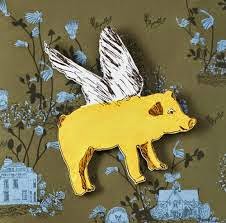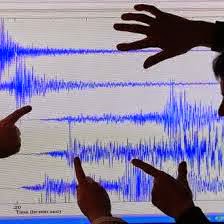What's QUIRKY in Spanish?

"I'm not quirky. I'm just a winged pig...wait, I'm quirky!" QUIRKY is anything that is offbeat, peculiar, odd. Yet it is not necessarily offensive, so do not get ready to punch anybody if you are called QUIRKY. In Spanish, QUIRKY would be RARO, DIFERENTE, INUSUAL. Out of the three, when we say something is RARO that is often not a positive thing to say. Still something we have concluded to have un aspecto raro (a QUIRKY look) could be something good - our impression of the object, whichever it might be, is favorable. We just do not get it, at least not entirely.





